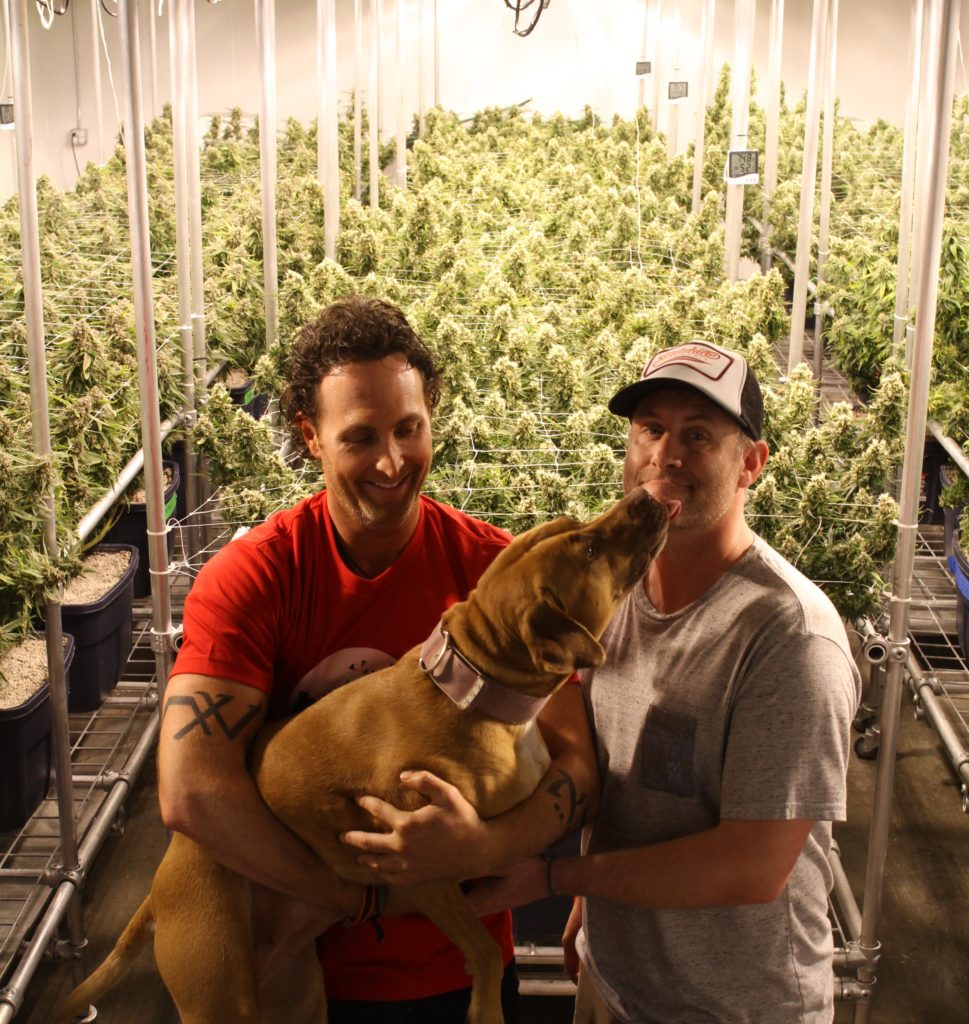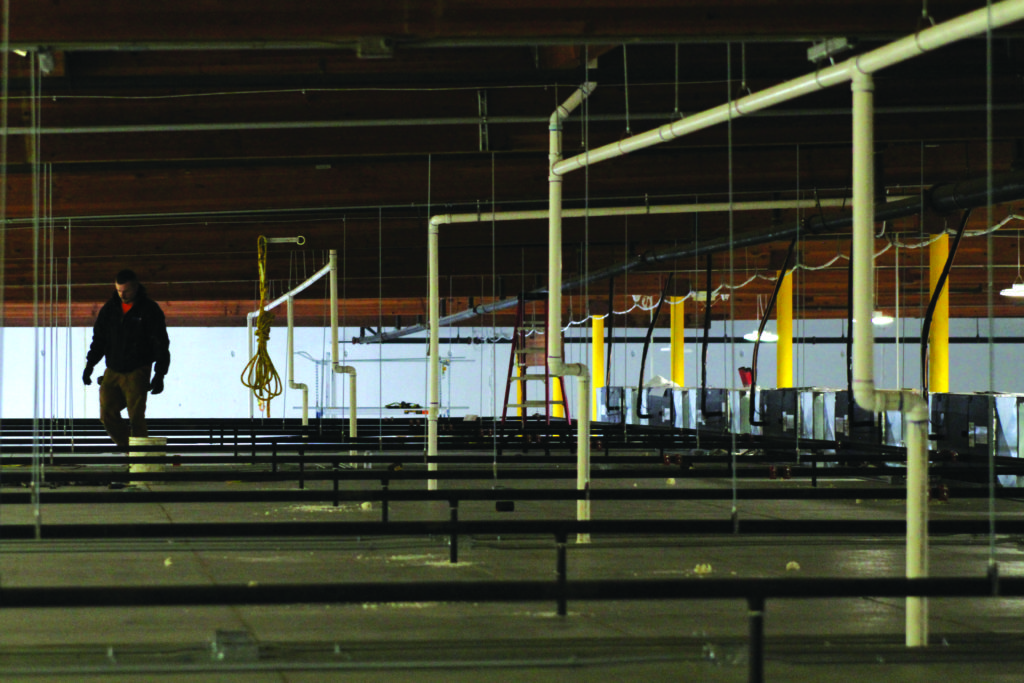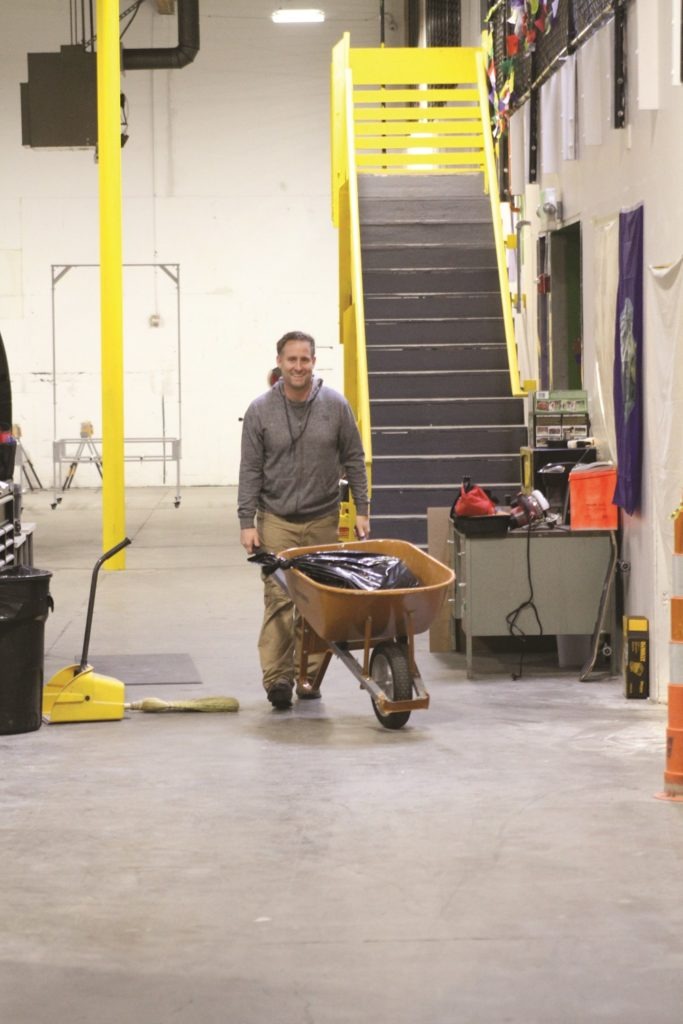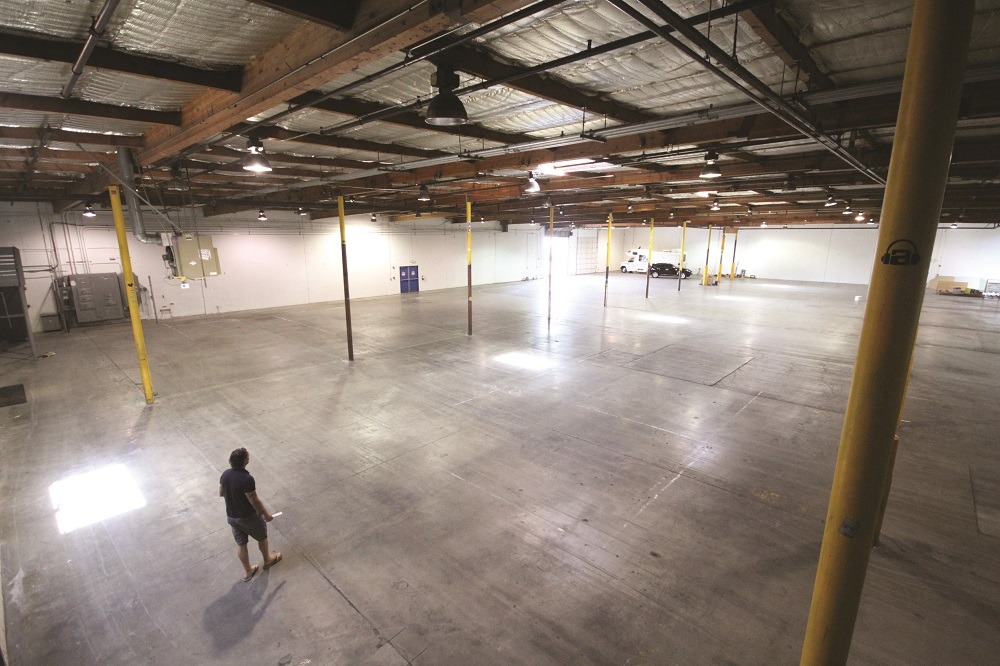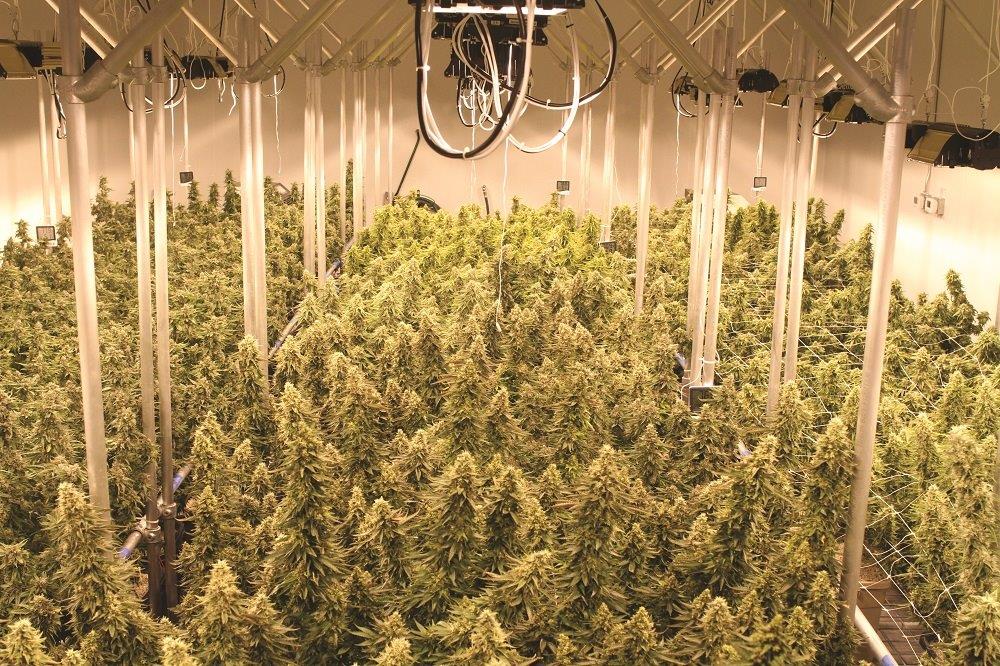Commercial grow operation goes beyond bud to create a company that gives back to the community
Story by Greg James
Photos by Garrett Rudolph and Patrick Wagner
For many people in business, the ultimate challenge is balancing the drive for financial success with company values that emphasize workplace harmony, charitable giving and being environmentally friendly.
The inherent conflict between behaving like a good corporate citizen and the realities of a profit-driven enterprise is at the forefront of many executives’ and business owners’ minds. There are, after all, many complex issues that may need to be addressed when formulating company policies, if social good is part of the enterprise’s DNA. For example, how do companies make a good profit while also compensating employees fairly? How much waste generation is acceptable if it costs more to recycle? Can you reward shareholders and investors while also doing the right thing for the environment and future generations?

ExxonMobil, under former CEO Lee Raymond, was vilified for its role in the Exxon Valdez disaster, but has also been widely praised by shareholders for its spectacular returns over several decades. Costco, often criticized by Wall Street for paying employees too much and not focusing enough on the bottom line, has happier employees and a far lower turnover rate than Walmart. Amazon, regularly accused of worker abuse, has become one of the world’s most valuable corporations in a little more than two decades. All companies face this delicate balancing act, and the legal cannabis industry is no different.
Soulshine Cannabis, a Washington-based cultivator of high-quality marijuana, has established a mission of doing the right thing for the environment and important social causes, while simultaneously growing in a manner that some would say is inconsistent with the ethos of traditional conservation practices. This raises an interesting question: Can an indoor farm produce superior flower and be socially responsible at the same time?
From Construction to Completion:
Because the Soulshine indoor farm is located less than half a mile from the Marijuana Venture offices, we were lucky enough to be able to photograph the grow from its inception. The photos on this page show some of the work as it was actually bring done, and the progress made over an 18-month period. Soulshine’s warehouse previously housed Skate Barn West for many years (photos courtesy Dan Hughes).
Well, can it?
Soulshine co-owners Mike Mercer and Patrick Wlaznak were both involved in the finance industry when they met more than a decade ago. Wlaznak eventually quit the business, and decided to look at other opportunities. As luck would have it, the two men reconnected at a charity event in 2014. It was there that they discussed the emerging legal marijuana business, and what it might mean if they teamed up. Mercer knew investors who were interested in getting involved, and Wlaznak had some strong connections on the grow side. They both mused … maybe this could lead to something?
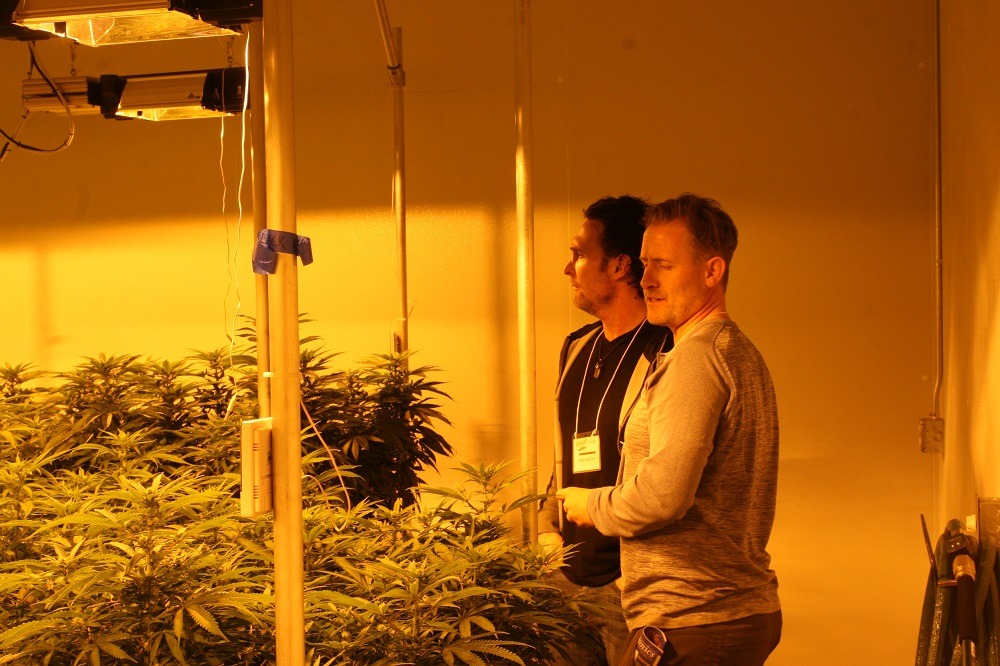
“An interesting discussion came up when we considered the type of grow we wanted to create, and the resulting carbon footprint,” Wlaznak says. “If you’re growing inside under artificial lights, the assumption is that you’re creating a bigger carbon footprint than someone using the sun. However, in this business, where the retailers are concentrated mostly on the more populous west side of the state near Seattle, and the prime sun-growing areas are 150-200 miles away on the rural east side, the added fuel used to make sales calls and to transport the product is fairly significant.
“In other words, if you’re a wheat farmer growing one big crop on 2,000 acres that you sell to a single buyer once a year, the way to operate is obvious. On the other hand, if you’re in the marijuana business, and you’re only allowed half an acre of canopy, and you’re selling to 100 different stores spread over a wide geographic area, the question of efficiency and carbon footprint becomes a bit more murky and harder to pin down, and therefore, proximity becomes a much bigger factor.”
Mercer and Wlaznak spent many months looking for the right space. Their original intent was to lease about 15,000 square feet of space and apply for a Tier 2 license. This proved problematic because many landlords didn’t want a marijuana business located on their property, or the space just didn’t seem right. One landlord even promised them a lease, and then promptly backed out and applied for his own grow license.
Eventually, their real estate broker found them a large, 50,000-square-foot location in Renton and showed it to the entrepreneurs. They both loved it and a deal was done. In Mercer’s words, it was a “home run,” but it also presented another challenge: Originally they had discussed the idea of a medium-sized grow with about 7,500 square feet of canopy. With the new space, it was obvious they would be expanding to a full-blown 30,000 square feet of canopy, the largest operation allowed under state law.
As the two discussed the future of Soulshine, they realized they saw eye-to-eye on several key points: (1) Their product would always be “top shelf,” and no compromise would ever be made on quality; (2) In order to create top-shelf product, a state-of-the-art grow facility would be required, and built from the ground up, with an emphasis on numerous individual clean rooms that could produce as self-contained units; (3) The company would operate as efficiently as possible, and utilize sustainable, low-impact packaging whenever applicable; (4) Soulshine would operate in a manner that reflected the importance of teamwork, employee satisfaction and customer relationships; (5) Finally, Soulshine really would have “soul,” by donating a portion of its sales to Emerald City Pet Rescue, a non-profit that focuses on homeless and neglected animals.
Once the core values were established, construction began. The warehouse they settled on was ideal in many respects, and had ample power. However, it was rough, and had been used for many years as an indoor skate park. Permits and inspections were also hurdles as their cannabis farm would be the first allowed in the city of Renton. While the city had many questions as it approached uncharted territory, Mercer and Wlaznak were able to reassure city officials and permits ultimately took only a few months. The entrepreneurs decided on a traditional business split when it came to assigning duties: Mercer would oversee sales, and Wlaznak would focus on growing the product. As mentioned earlier, the Soulshine goal is to create only top-quality marijuana, and Wlaznak has his own take on how that will be achieved.
“Our mainstay strains will be unique in the industry, and we look forward to introducing both newbies and cannabis connoisseurs to their new favorites,” he 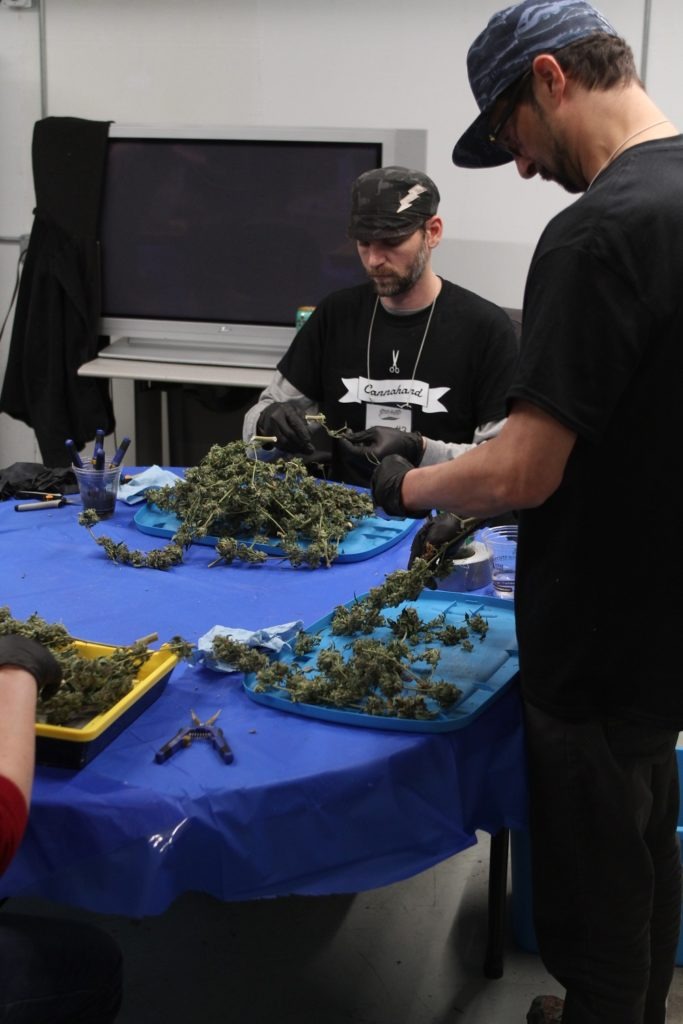
Soulshine’s goal of sustainability extends to its packaging. All of Soulshine’s boxes are compostable, recyclable and non-wasteful. Mercer spent months researching the printing/packaging business and quizzed many store owners and employees.
“Some of the best feedback came from budtenders, who had a lot of good suggestions about sizing, layout and copy,” he says.
The two men spent six months touring more than 40 recreational marijuana stores, and realized from the many budtenders and managers they interviewed that a highly customer-centric approach would be their style.
“We knew that trying to fit a square peg in a round hole wasn’t the way to approach this new industry,” Mercer says, “so we decided to really focus our efforts on creating products with a reverse engineering method. In other words, what the customer wants, we will make.”
While a traditional market model is driven by demand and consumer preferences, outliers can, if they have the right market savvy and products, create their own niche and loyal following. Think Subaru in the auto industry or Costco in retail. Both are considered experts at their niche and both enjoy an almost fanatical level of loyalty from customers. Mercer and Wlaznak believe they can achieve the same in the crowded cannabis space.
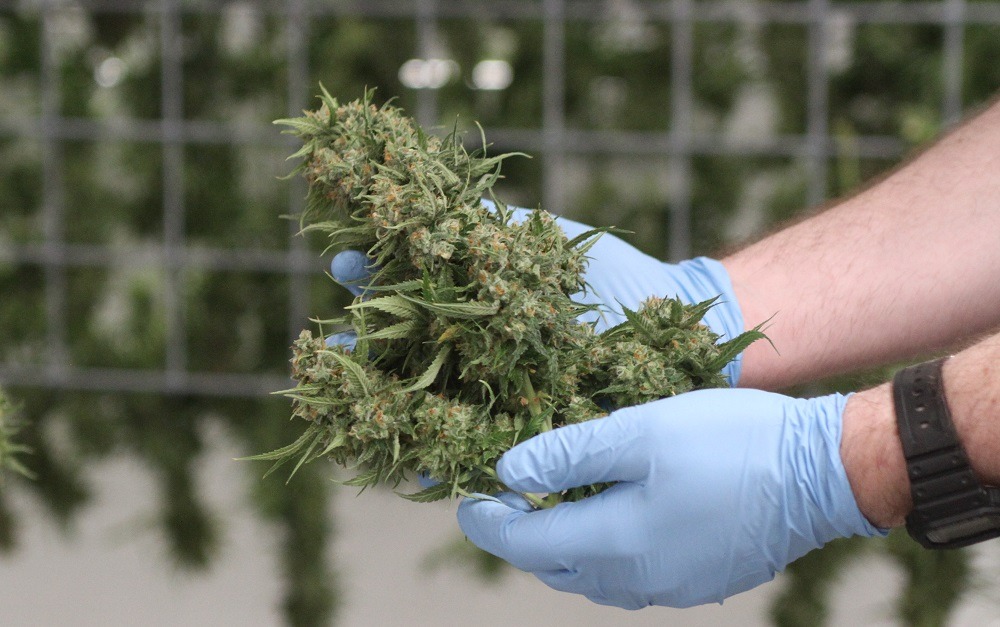
In the end, the cannabis industry will evolve like all others: The poorly prepared will fall by the wayside, and those with focus, a strong work ethic, and a core set of values that clearly define their purpose will survive. Soulshine Cannabis, with its commitment to employees, the environment, social causes and high-quality products, is surely positioned to be a long-time innovator in the rapidly morphing and evolving retail marijuana industry.



